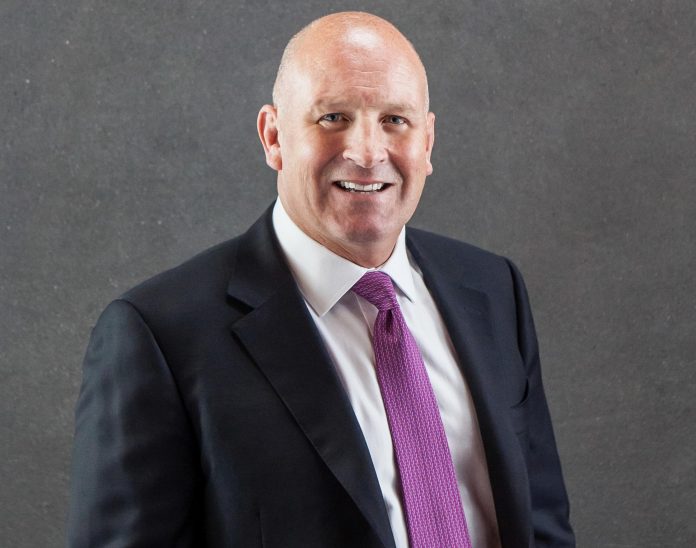Research from Aetna International reveals stark disparity in health and well-being needs among employees, depending on whether they are based at home or in the office
Hybrid-working models are leading UAE businesses to reconsider the healthcare benefits they offer to employees, with special attention being paid to the differences in needs between office and stay-at-home workers, an Aetna International study has revealed.
The research — which was conducted in September 2020 and surveyed over 1000 employees in the UAE — found that the health concerns of remote workers differed greatly from their office-based colleagues at a time when the COVID-19 pandemic continues to force the nation’s enterprises to get creative about workspaces. And as global media reports start to address the emergence of possible vaccines, the study revealed that two in three UAE workers favour a return to the office, with the remainder preferring to work from home when the crisis has abated.
The survey showed significant differences between the health concerns and stresses faced by the two groups. Almost half (44%) of current remote workers cited gaining weight as a major concern, with mental health issues (40%) and stress (35%) following closely. Additionally, more than a third (34%) of home-based employees were worried about how their sedentary conditions could lead to afflictions of the bones, muscles, and joints. And some 29% expressed concerns over fatigue or lack of sleep.
But those working in the office were clear that their main anxiety lays in contracting the coronavirus. Some 46% raised it as a major worry, compared with just 13% of those working from home. And a further 27% of office-based employees said they were troubled by the prospect of getting flu and other seasonal diseases.
Common stress was the second greatest concern of office-based employees, with 41% bringing it up. The fact that this is close to the percentage of remote workers that listed stress as a health issue suggests that worries about the condition are not contingent on where a worker is based. And while mental health issues such as depression and anxiety were cited by considerably less (23%) office-based respondents, than their remote colleagues, it is clear that employers should be looking for ways to extend or provide mental health support as a standard benefit in the future.
“This has been an extremely challenging year for people everywhere, regardless of geography, industry or job title,” said David Healy, CEO EMEA at Aetna International. “Our study is telling us that whether employees are based at home or in the office, they are understandably worried about their mental health. While COVID-19 has already posed significant challenges, it will leave in its wake ongoing health concerns — mental health is one of these and we must acknowledge it. Provisions for the proper care of conditions such as depression, anxiety and stress must be our primary focus moving forward.”
The survey also showed that employees’ expectations for their health and wellbeing have shifted from pre-crisis. More than 80% agree that health issues are more important to them now than before they had heard of COVID-19, and they expect their employers to recognise healthcare as a pressing issue. 81% say their mental health is more important to them now than ever before and 88% believe this of their physical health. And 72% expect employers to prioritise mental health care more in the age of COVID, while 63% expect this regarding physical health. When asked directly whether having comprehensive health insurance is more important now than before the pandemic took hold, 76% said “yes” and 66% said their employer should be spending more on health benefits.
“The time for a one-size-fits-all approach to providing health care for employees is much behind us. Health & well-being benefits and insurance plans need to be more holistic and concentrate on safeguarding people’s health and well-being in addition to the treatment of illness. Mental health support, nutrition guidance and access to telehealth services, all will need to be standard for everybody, where they often were not before,” Healy added. “There’s obviously a need for UAE businesses to explore ways they can better accommodate the varied health concerns of employees in the new hybrid and flexible workplace.”




























